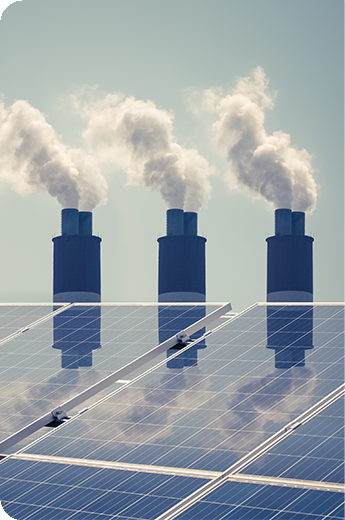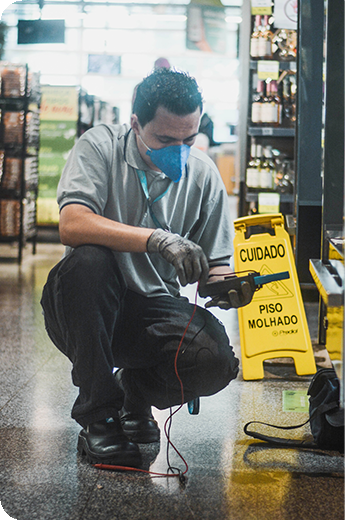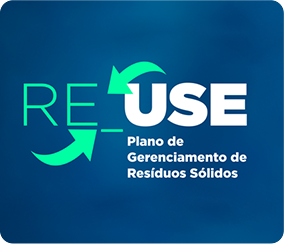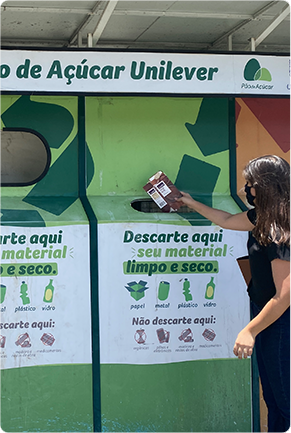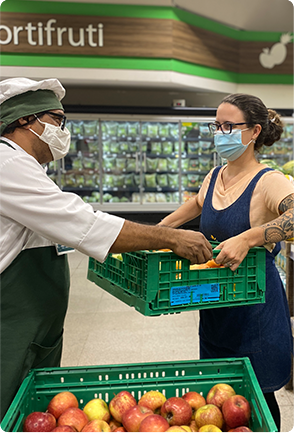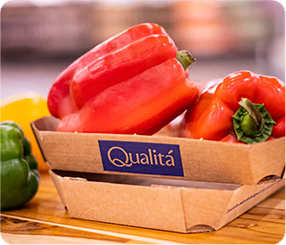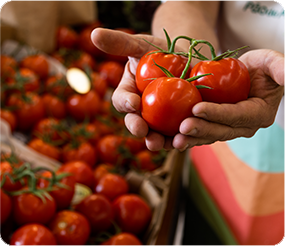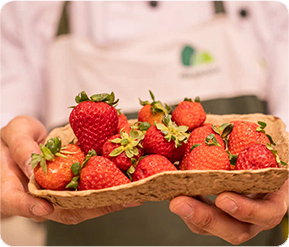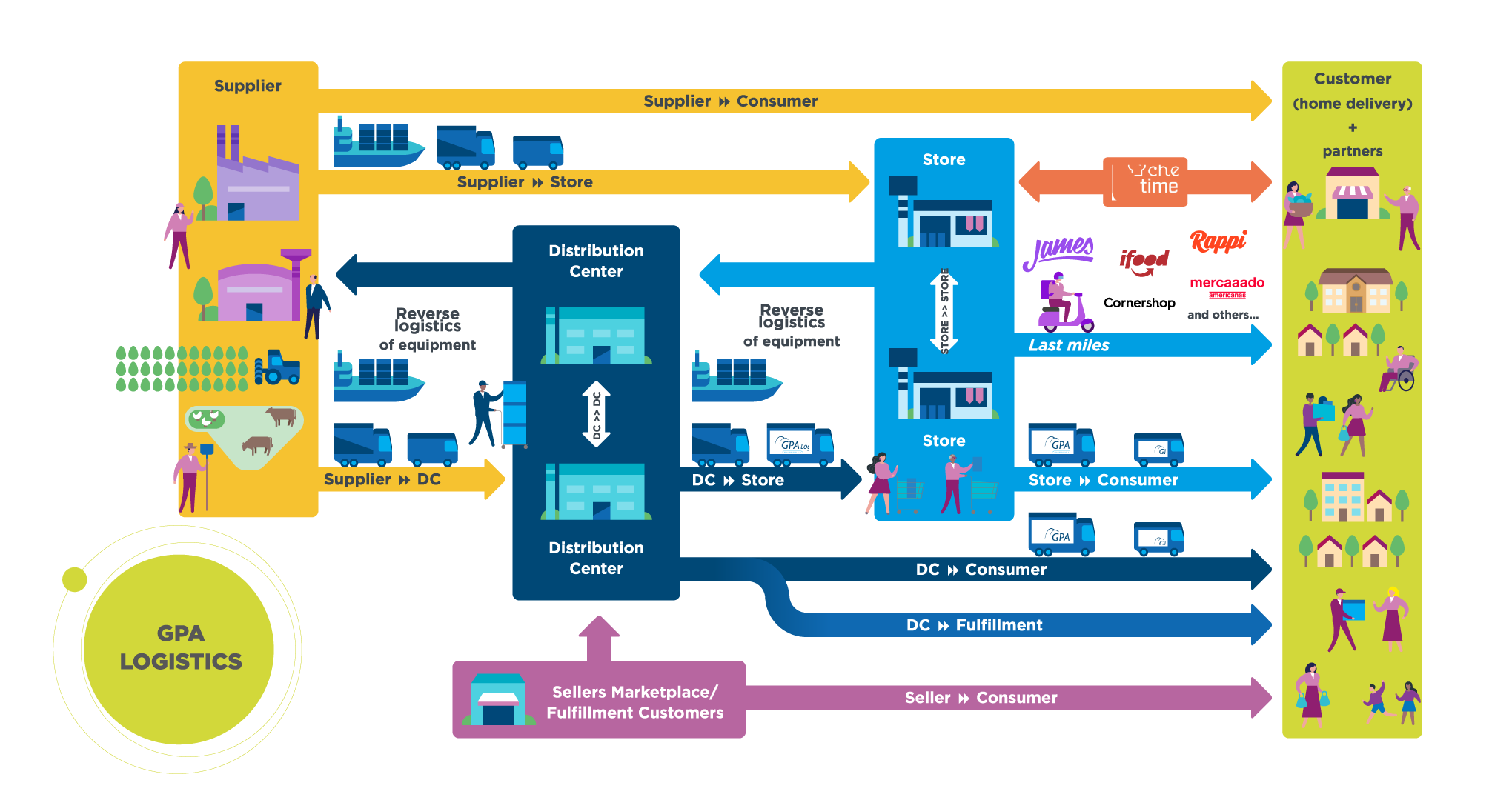Under our sustainability strategy, we are committed to a circular economy agenda and initiatives toward achieving a low-carbon economy.
We have inventoried our greenhouse gas (GHG) emissions across our banners since 2010 in accordance with the framework outlined by the Brazilian GHG Protocol Program. The information in our third party-audited emissions inventory enables us to identify opportunities for emissions mitigation and accountability.
We also report to the Carbon Disclosure Project (CDP), one of the leading financial-sector initiatives to mitigate climate change, and we are constituents of the Brazilian stock exchange B3’s Carbon Efficient Index (ICO2).
We have set a target to achieve a 30% reduction in our emissions by 2025 (from a 2015 baseline) and 38% by 2030—across scope 1 (direct emissions) and 2 (emissions from purchased electricity).
Performance against our emissions reduction target is also factored in a Sustainability and Diversity Index created in 2016, which in turn is factored in the amount of variable compensation paid for eligible positions.

